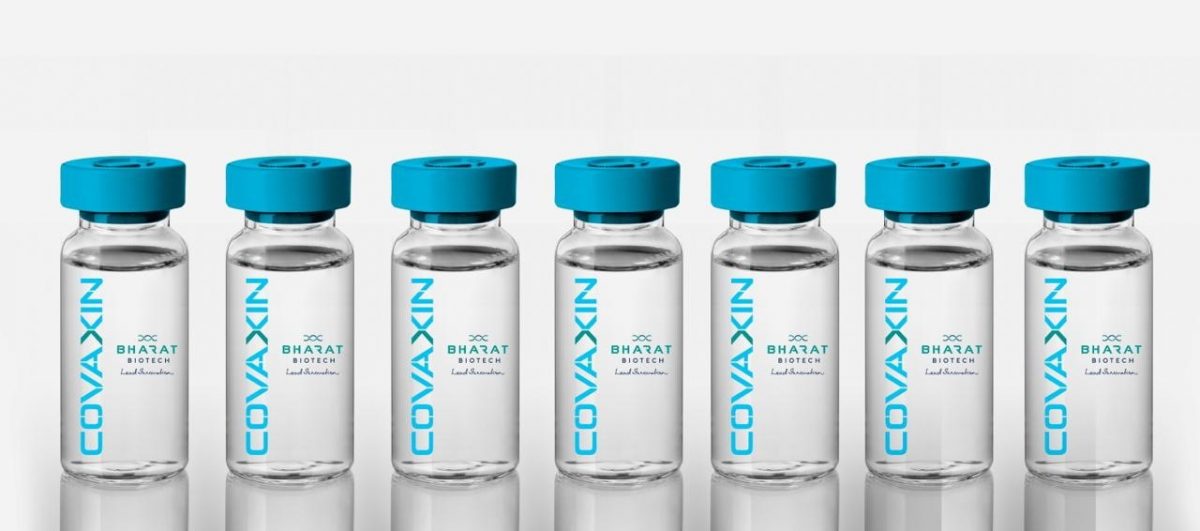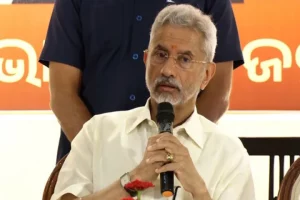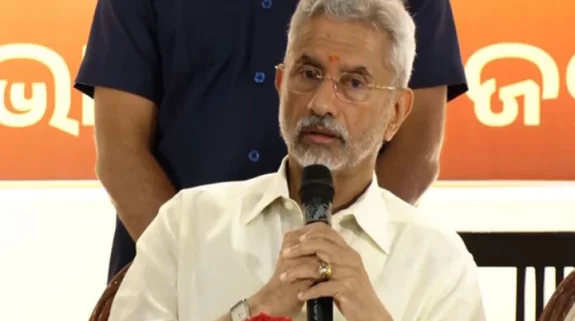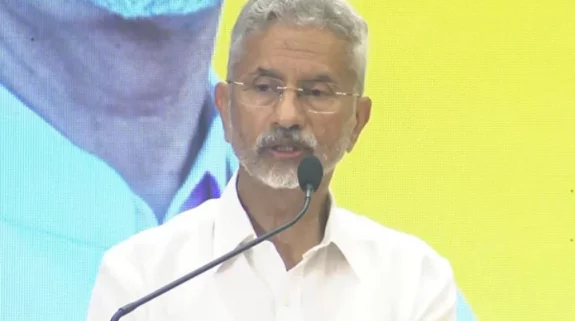The Government has decided to ramp up the production of home-grown anti-Covid vaccine Covaxin by 10 times to 100 million doses a month by September as two public sector companies, one at Bulandhshahar in UP and another at Hyderabad, will also start manufacturing the vaccines.
The move for a bigger push to Covaxin, developed by Indian Council of Medical Research and Bharat Biotech, also comes at a time when the production of the AstraZeneca-Oxford vaccine at the Serum Institute of India has slowed because the US is not allowing exports of the raw material required for making the doses. According to The Washington Post, the Biden administration imposed the export ban to ensure US pharma giant Pfizer had access to resources needed to scale up production of its vaccine.
Covaxin, on the other hand, is a 100 per cent Indian vaccine, which forms part of the Modi government’s Aatamnirbhar mission.
Bharat Immunologicals and Biologicals Limited (BIBCOL) , Bulandshahr a Central public sector enterprise under Department of Biotechnology and Indian Immunologicals Limited, Hyderabad, a facility under National Dairy Development Board will be supported by the government to prepare their facility to provide 10-15 million doses per month by Aug – Sep 2021, according to a government statement.
The government has already announced that Haffkine Biopharmaceutical Corporation Ltd, Mumbai, a Maharashtra government-owned company will also be allowed to manufacture Covaxin, currently being produced only by Hyderabad-based private company Bharat Biotech.
This makes it three public sector companies being supported by the government to increase the capacity of vaccine production on a war-footing as the second wave of the deadly Covid-19 pandemic sweeps the country.
The Haffkine Biopharmaceuticals Ltd had asked for around 12 months to complete this task. However, the Central government has asked them to expedite and complete the task urgently within 6 months. The facility will have a capacity of 20 million doses per month, once it is functional.
Bharat Biotech second factory to start
As a part of the plan to increase vaccine production, Bharat Biotech Limited is also being provided “financial support as grant from the government of India to the tune of Rs 65 crore to Bharat Biotech’s new Bangalore facility which is being repurposed to increase the capacity of vaccine production, the government said.
According to the official statement, under Aatamnirbhar Bharat 3.0 Mission COVID Suraksha was announced by the Government of India, to accelerate the development and production of Indigenous COVID Vaccines. This is being implemented by the Department of Biotechnology Govt. of India.
Under the Mission the Department of Biotechnology is providing financial support as Grant to vaccine manufacturing facilities for enhanced production capacities.
A few weeks back, inter-ministerial teams had visited the sites of two main vaccine manufacturers in India to get their inputs on how production can be ramped up. In this period, there have been extensive reviews and feasibility studies on the plans being discussed with vaccine manufacturers, the government statement added.
The statement was referring to the official visits to Serum Institute of India owned by Adar Poonawalla and the Bharat Biotech factory in Hyderabad. Both are private sector companies.
Currently Serum Institute is producing 65 to 70 million doses a month of the anti-Covid vaccine developed by Astrazeneca and Oxford University while Bharat Biotech is producing 10 million shots a month of Covaxin developed in collaboration with the government-run Indian Council of Medical Research.
The two vaccines have also been exported to friendly countries earlier but since there is a sudden surge in the coronavirus pandemic in the country, domestic demand is being given the highest priority.




















